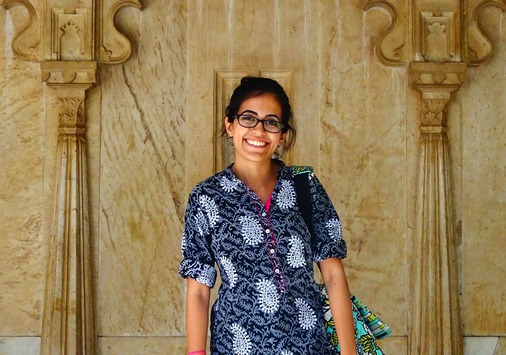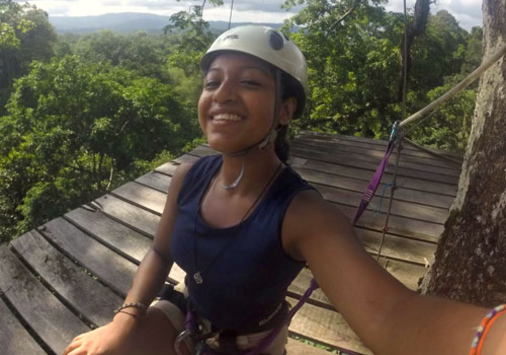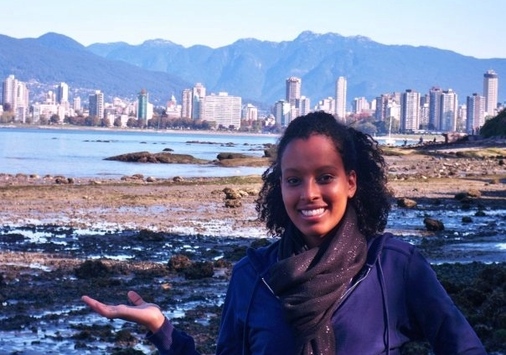About
Departmental Guidelines
The major in Anthropology and Sociology is designed to meet the educational needs of three kinds of students:
- those whose interests focus on a liberal arts education and who wish to use the disciplines to understand cross-cultural patterns, social institutions, and socio-cultural change;
- those who wish to use anthropology and sociology as a background for certain occupations such as law, social work, medical and health sciences, business, public service, and human service careers; and
- those who expect to pursue graduate study in anthropology or sociology, leading to a teaching, administrative, or research career.
Off Campus Study
Our majors and minors are encouraged to study off-campus, especially in programs that have independent research components. We strongly encourage our students to prepare in advance for off-campus study; we advise students to enroll in at least one course addressing some aspect of the region or culture in which they anticipate doing off-campus study.
The Office of Off-Campus Study assists students in locating and coordinating off-campus placement. Many, though not all, off-campus study venues allow or require students to be practicing professionals. Within the US, the Great Lakes Colleges Association programs in Philadelphia, New York and Washington, DC all require students to work as virtually full-time interns in a wide variety of arts, governmental and other professional settings. Abroad, the School for International Training - which a good number of our students attend - asks students to either do a research project in the community and/or to actively participate in development and other projects. Thus, we have had students teaching disabled students in Ecuador or working with businesses in Spain and Italy. When planning to study off-campus, you must plan your course schedule so that you are off-campus during spring of your junior year. This planning is necessary so that you can be assured of completing all courses required for the major/minor.














